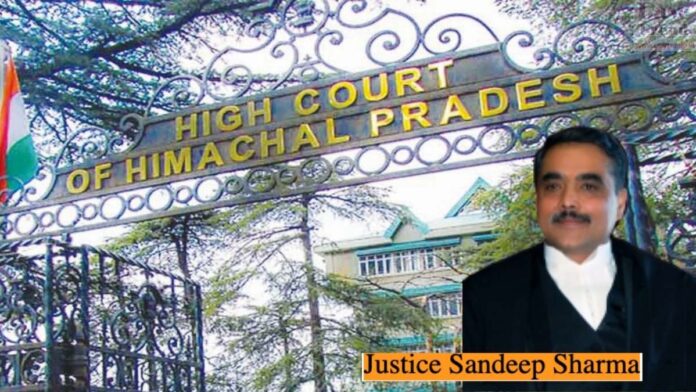In a significant legal pronouncement, the Himachal Pradesh High Court, presided over by Justice Sandeep Sharma, has reaffirmed that offenses under Section 138 of the Negotiable Instruments Act can be compounded even after a conviction has been recorded. This judgment was delivered in the case of Satvir Singh vs. Rajesh Pathania and Another (Cr.MMO No.674
To Read More Please Subscribe to VIP Membership for Unlimited Access to All the Articles, Download Available Copies of Judgments/Order, Acess to Central/State Bare Acts, Advertisement Free Content, Access to More than 4000 Legal Drafts( Readymade Editable Formats of Suits, Petitions, Writs, Legal Notices, Divorce Petitions, 138 Notices, Bail Applications etc.) in Hindi and English.




